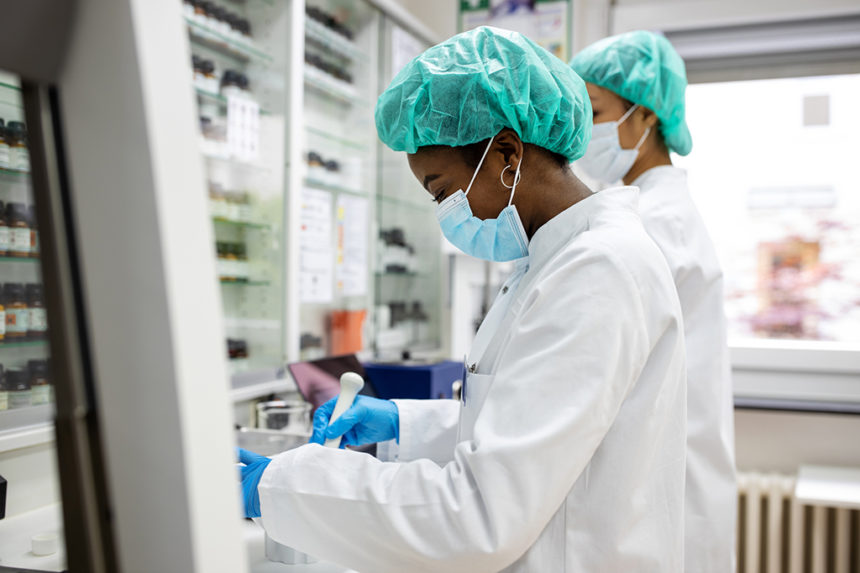Bristol-Myers Squibb on Tuesday announced a multi-million dollar strategic alliance to attract top talent from historically Black colleges and universities in the next five years.
Dubbed Tomorrow’s Innovators, the alliance is designed to increase access to and awareness of the biopharma industry among undergraduate Black talent. As such, it’s an extension of the $300 million commitment BMS made in 2020 to build a more diverse workforce.
The program arrives a month after fellow drugmaker Novartis pledged to join forces with Thurgood Marshall College Fund, Coursera and more than two dozen HBCUs and medical schools to co-create programs that aim to increase diversity across the R&D ecosystem.
A third company, Genentech, is also investing in future leaders at HBCUs. Last year the biotech launched a two-year policy fellowship at Howard University in partnership with the U.S. Food and Drug Administration. Genentech also earmarked $10.5 million over five years to support underrepresented post-secondary students at San Francisco State University, part of a larger commitment to double its Black and Hispanic representation.
Broadening their STEM (science, technology, engineering and math) talent pipelines is but one way pharma companies have begun to devote more resources to increasing diversity. Black and Hispanic employees make up about 13% and 18% of the pharma workforce, respectively, but only account for 8% and 9% of STEM occupations within the sector, according to data from trade group PhRMA as cited by S&P Global.
Statistics from trade group BIO and Coqual, on the other hand, show Black professionals make up 7% of the total biotech workforce and only 3% of executive teams. Meanwhile, Latinx professionals make up a mere 4% of the total workforce and executive teams.
Many biotechs took a step back during the pandemic. From early 2019 to late 2020, 67% saw little or no change in representation by race/ethnicity at the executive level, and one in five moved backward, BIO said.
The HBCUs involved in the BMS alliance are Florida A&M University, Howard University, Morgan State University, North Carolina A&T University and University of Arkansas at Pine Bluff. BMS will design and host career-focused workshops, develop a two-way exchange program with commercial leaders and create custom programming as a way to improve educational experiences.
“While there is still more to do in addressing racial and societal equity, programs like Tomorrow’s Innovators provide a critical opportunity to reach diverse talent sooner and cultivate a richer talent pipeline within our industry,” BMS EVP/chief commercialization officer Chris Boerner said in a statement.
As part of Novartis’ own collaboration, the company said its foundation will invest $20 million to help prepare up to 1,200 Black and African American students to become the next generation of leaders. This will include the awarding of scholarships, mentorships and research grants over a decade.
The foundation plans to kick in another $13.7 million to establish three digitally enabled research centers at Morehouse School of Medicine, including a “clinical trial center of excellence.” Novartis believes this could become a model for expansion to other HBCU medical schools and, in the process, bolster diversity among clinical trial investigators and participants.
“Just as there are a multitude of factors and causes behind racial disparities in health and education, there is no single solution to this critical challenge,” said Novartis CEO Vas Narasimhan in a statement. “It will take the concerted, urgent action of diverse stakeholders across the public and private sectors.”







